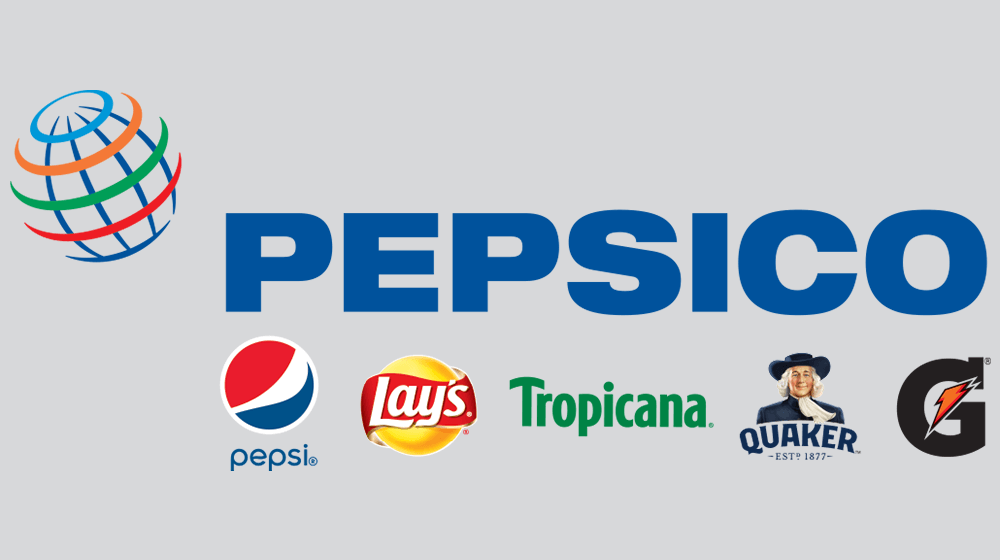E-commerce marketing jobs are in high need as the e-commerce area continues to grow and expand. Let’s look at the function of an e-commerce online marketer, key capability, and a sample task description.
The function of an e-commerce online marketer is getting progressively critical as the e-commerce space continues to get crowded. There are conventional, brick-and-mortar organizations that are setting up their online existence, and then there are purely online shops making their entry. And that’s not it. Different e-commerce business models such as B2B, B2C, consumer to the customer (C2C), direct to consumer (D2C), and revenue models like dropshipping, white label manufacturing and distribution, etc. make the entire e-commerce ecosystem complex.
E-commerce online marketers are armed with the responsibility to help e-commerce brand names stick out from the competition and drive earnings. In this article, we will look at the function of an e-commerce marketer, the skills required, and a sample job description.
The Role of an E-commerce Marketer
The function of an e-commerce online marketer differs from organization to organization, depending upon business design, and the team structure. However, they are straight or indirectly accountable for driving brand awareness and boosting revenue. For example, a marketing manager is anticipated to manage the marketing strategy, optimize product rates, and so on. On the other hand, a promos supervisor has to determine how they can incentivize purchases to drive more purchases.
For that reason, an e-commerce online marketer requires to be a T-shaped online marketer. They require to be a specialist in at least one location of marketing while having a basic knowledge of the other marketing aspects. For example, an e-commerce online marketer who is a conversion rate optimization (CRO) specialist, needs to have a solid grasp of copywriting, style, and analytics as they’ll precisely know what to tweak to increase the conversion rate of the e-commerce shop.
10 Necessary Skills Needed to be an Effective E-commerce Online Marketer
The following 10 abilities will specify your success as an e-commerce online marketer. As pointed out earlier, you don’t need to be a professional in whatever but ensure that you need to have a thorough understanding of a minimum of 2 or more disciplines. Now, the great part is, these abilities match each other. For example, if you are great at material marketing, getting vital SEO understanding should be a cakewalk for you.
#1. Browse Engine Optimization (SEO)
In addition to on-page and off-page SEO knowledge, the online marketer requires to be adept at technical SEO as well. That implies they should care for the site’s schema markup, structured information, XML sitemap. Robots.txt, and so on. They need to be on top of the most recent online search engine algorithmic developments and guidelines to prevent getting penalized. Purging low-performing pages, keeping track of the rivals’ method, keyword tracking need to be regular activities.
#2. Content Marketing and Copywriting
Content marketing and copywriting are two different things. Copywriting is an art and science that involves the marketer to write content to boost product sales. This includes composing copies for the homepage, product pages (item heading, description, functions, etc.), checkout section, lead magnets, call-to-action (CTA) buttons, and any section that directly impacts the conversion rate.
Content marketing, on the other hand, pertains to developing content for the blog and other content possessions. There will be some overlap between these two disciplines.
#3. Email Marketing
Email marketing is an effective tool to maintain consumer engagement for an e-commerce shop. For that reason, an e-commerce marketer requires to understand how to section the audience based upon their characteristics. The online marketer needs to likewise know how to use customization and drip marketing to keep customers and promote upselling and cross-selling deals.
Prioritizing key metrics such as the deliverability rate, open rate, click-through rate (CTR), and so on is a prerequisite when focusing on e-mail marketing.
#4. Marketing Automation
Marketing automation involves you to set up automatic workflows that would trigger a sequence of events when a prospect goes into the funnel. For example, when a buyer purchases, the automation tool needs to send out email updates, SMSs, and push alerts on the app. Besides this, developing landing pages, sending valuable material, dealing with cart abandonment concerns, incorporating with e-commerce apps, and so on, are some vital activities that can be assisted in through the knowledge of marketing automation platforms.
#5. Affiliate Marketing
In affiliate marketing, the publisher earns a particular cut/commission by offering the marketer’s items. Dedicated affiliate marketing software applications make this process simple for e-commerce shops. The affiliate online marketer is needed to handle the software or utilize an affiliate network( s), handle the affiliates (address their questions, handle payouts, etc.) on behalf of the store, and track the efficiency of affiliates and networks on the profits.
Influencer marketing can be another aspect of affiliate marketing, wherein influencers promote your products by means of their social media platforms to their audience. Although the payment model may differ based upon various criteria.
#6. Conversion Rate Optimization (CRO)
The true north of CRO is to boost the conversion rate. It’s simply insufficient to boost the number of conversions. You ought to likewise concentrate on increasing the number of conversions per hundred users. CRO involves activities like A/B screening, enhancing the site copy, try out style, incentivizing user habits, lowering cart desertion, and simplifying the user experience (UX) to assist online marketers to improve the conversion rate.
#7. Digital Advertising
Pay Per Click, social media, display, native, and remarketing advertisements are essential for e-commerce stores. The online marketer needs to be able to optimize the ROI and advertisement invest and minimize the consumer acquisition cost through marketing efforts.
#8. Social Network Marketing
Besides content production and advertisement management, offering customer care is a necessary function of social network marketing. E-commerce companies utilize social networks to react to client queries and problems. Together with this, arranging contests that follow the platform guidelines, tracking competitor activities, getting in touch with influencers, running partner marketing/co-branding efforts, and tracking results are some essential activities under social media marketing.

#9. Tracking and Analytics
E-commerce shops require both – quantitative and qualitative analytics information to understand user habits. Despite the discipline you select to find out, having a mutual understanding of analytics will help you much better your activities. For instance, if you are a copywriter, by viewing the click heatmap, you understand what words capture the user’s attention and oblige them to click on it.
#10. Miscellaneous Abilities
A fundamental understanding of style and HTML/CSS will assist you immensely, no matter what you are doing. Even though you need not be a specialist with the Adobe Creative Suite, basic knowledge of design principles such as typography and color theory suffices. Likewise, knowing HTML/CSS can help you make small tweaks in landing pages, email templates, and SEO activities.
E-commerce Supervisor: Task Description
Here’s a sample task description for the function of an e-commerce marketing supervisor. This would differ if you’re looking for a more particular role, such as an email marketer or social network marketer.
Responsibilities: What You’ll Do
- Establish and manage the organization’s e-commerce marketing method.
- Deal with the development team/agency to constantly improve the site’s user/shopping experience.
- Liaise with numerous marketing employees to assign tasks, track their completion, and determine their effectiveness. Guide them to any place needed.
- Work closely with the CRO specialist to implement much better methods to improve the conversion rate.
- Assess the effectiveness of every marketing channel and activity on income.
- Try out and present newer marketing channels and tools to connect with the target audience.
- Integrate the very best of sales, marketing, and technology to provide a superior customer experience.
Requirements: What Companies are Trying to find
- Bachelor of Arts (BA), Bachelor’s Degree (B.S.), or equivalent degree
- 4+ years of experience at an e-commerce organization
- Excellent verbal and written interaction skills
- Outstanding task management skills
- Ought to understand the frequently used martech tools by e-commerce companies
How to Start?
The average yearly salary for an e-commerce marketing supervisor is around $80,000. Thinking about the development of e-commerce business, a career in e-commerce marketing is rewarding at the moment, and we can safely state that it will remain the very same for the coming time.
You might have discovered that although the marketing channels stay the exact same, there is a stark difference between when it pertains to marketing a SaaS item and an e-commerce store.
To end up being a successful e-commerce online marketer, ensure that you proactively discover more recent martech tools (such as conversational AI, study tools, recommendation engines, and so on) that could boost revenue.
















